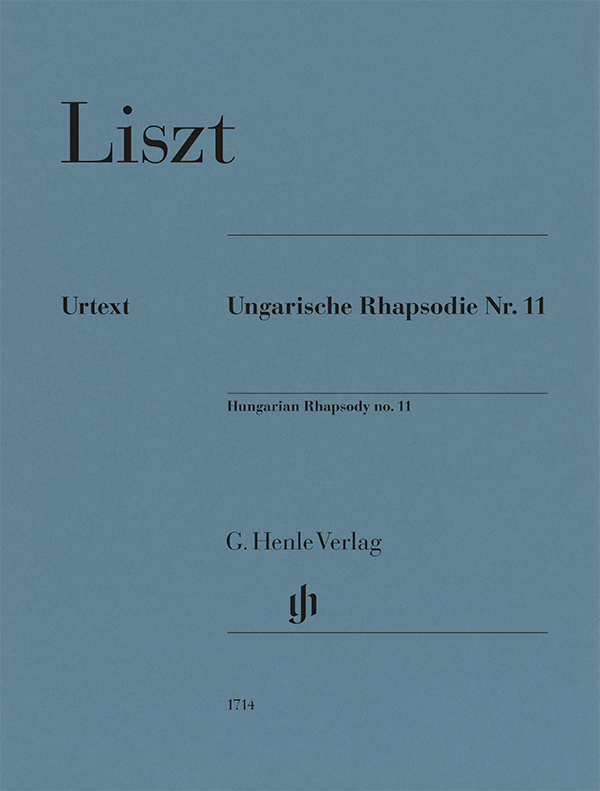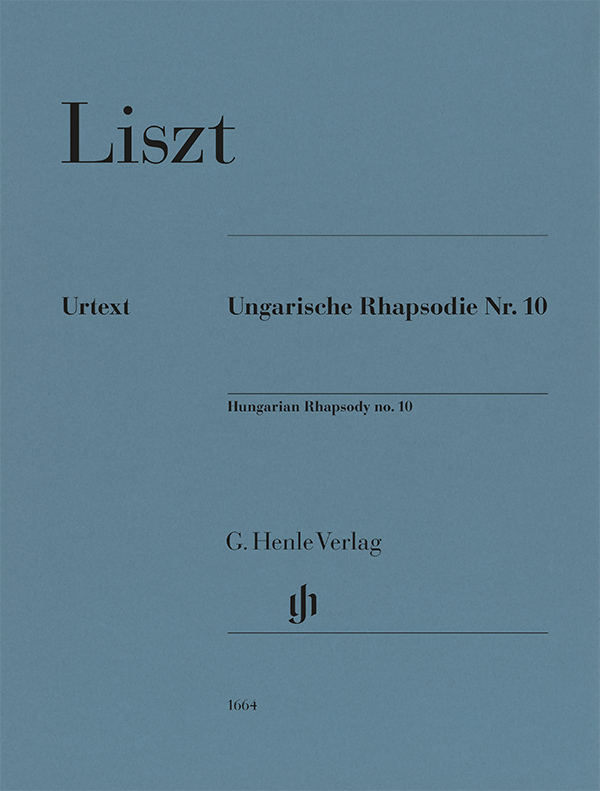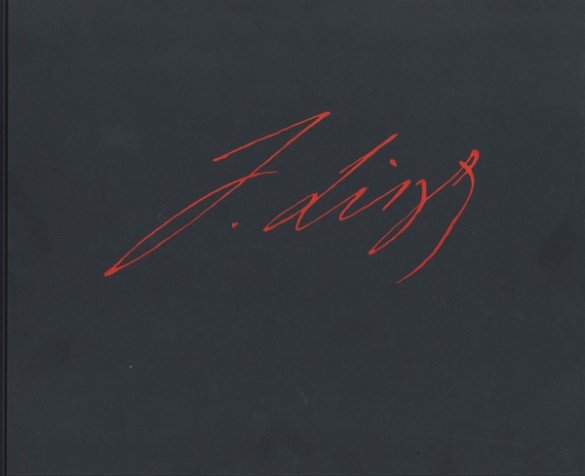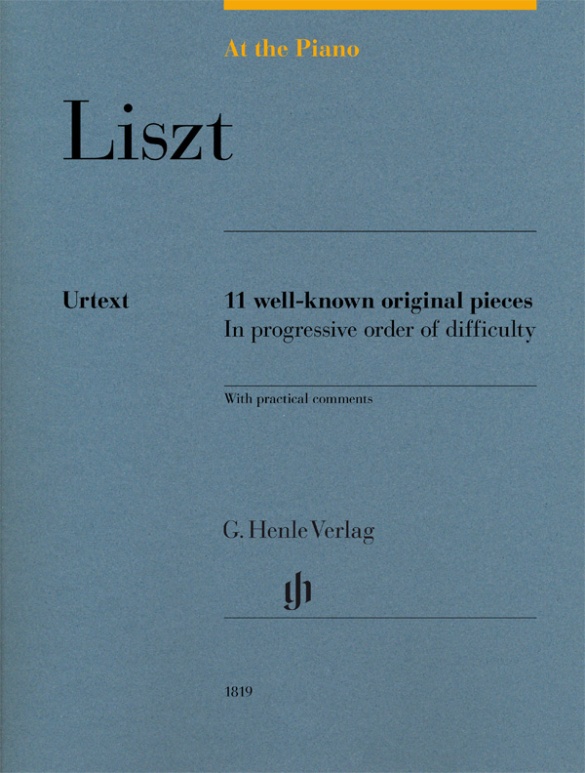

Franz Liszt
At the Piano - 11 well-known original pieces
Franz Liszt is still regarded as one of the greatest pianists of all time: a superb virtuoso whose own piano works also bristle with extreme technical difficulties. But no one needs to be afraid of big names. Our carefully chosen selection from Liszt’s immense oeuvre ranges here from the easy to the moderately difficult. These pieces are truly charming, and well-suited for “ordinary mortals”. And for those who reach the end of the volume, there’s a worthwhile reward: perhaps Liszt’s best-known piano piece, the third “Liebestraum” ...
CONTENU/DÉTAILS
(Explanation)
CONCERNANT LE COMPOSITEUR
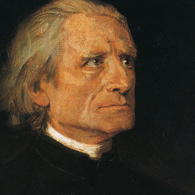
Franz Liszt
Le célèbre virtuose du piano du XIXe s. est considéré comme l’une des figures d’artiste et de compositeur les plus influentes de ce que l’on appelle la Nouvelle École allemande (avec Berlioz et Wagner). Son immense œuvre musicale comprend au premier plan des œuvres pour piano seul, parmi lesquelles de nombreuses transcriptions; il développe en outre le poème dit symphonique. Ses œuvres chorales sacrées et profanes ainsi que ses mélodies sont tout aussi importantes.
| 1811 | Né le 22 octobre à Doborján (auj. Raiding en Autriche), fils d’un fonctionnaire au service du prince Esterházy. Premiers cours de piano auprès de son père, premiers essais de composition, première audition publique à l’âge de 9 ans. |
| 1822 | La famille s’installe à Vienne. Suit les cours de Carl Czerny et d’Antonio Salieri. |
| 1823 | La famille s’installe à Paris. Cours de composition chez Ferdinando Paër et Antonín Reicha (1826). Se produit dans des salons, concerts. |
| 1824–27 | Tournées de concert en France, en Angleterre et en Suisse. Composition de paraphrases d’opéras pour piano. |
| 1830 | Rencontre avec Berlioz, lectures et études. Il devient l’un des pianistes et professeurs de piano les plus appréciés de la société parisienne. |
| 1835 | Il s’installe en Suisse avec la comtesse Marie d’Agoult. C’est là que naît Blandine-Rachel leur premier enfant. Par ailleurs, il continue à donner des concerts à Paris. |
| à partir de 1839 | Incessantes tournées de concert à travers toute l’Europe. |
| à partir de 1847 | Poèmes symphoniques, entre autres n° 2 «Tasso: lamento e trionfo», n° 1 «Ce qu‘on entend sur la montagne», «Faust-Symphonie», «Dante-Symphonie» ainsi que «La Bataille des Huns» [n° 11]. |
| 1848–61 | Maître de chapelle à Weimar; il s’engage pour la musique «progressiste» (Wagner, Schumann, Berlioz). |
| 1857–62 | Oratorio «La Légende de sainte Élisabeth». |
| 1861–68 | Séjour à Rome. |
| 1865 | Reçoit les Ordres mineurs. |
| 1866–72 | Oratorio «Christus». |
| 1871 | |
| Nommé conseiller à la cour de Hongrie; il vit à Rome, Weimar et Budapest. | 1886 |
About the Authors
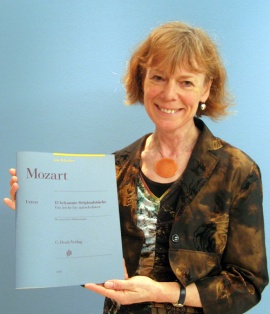
Sylvia Hewig-Tröscher (Editeur, Doigtés piano)
Sylvia Hewig-Tröscher studied piano at the Hochschule für Musik in Munich under Erik Then-Bergh and Hermann Reutter, as well as under Louis Hiltbrand at the Conservatoire de Musique in Geneva. 1977 she finished the „ Classe de Virtuosité“ in Geneva with the Premier Prix avec distinction and received the Henry Broliet prize as well as being awarded the GEDOK prize. Also organ studies under Lionel Rogg finishing with the „Diplome d’Orgue“. Masterclasses with George Halmos, Klaus Schilde, Karl Seemann and Wilhelm Kempff, followed, as well as with the cembalo player Li StadelmannIn. 1977 the piano trio Orfeo was established.
Since then, as a solo pianist and chamber musician, her concert activities have led her to Germany, Switzerland, France, Italy, Austria, America, Egypt, India, Korea, and Japan. The list of recordings includes Bayerischer Rundfunk and Südwestfunk Freiburg, Baden-Baden, record and CD recordings of (among others) seldom played works of the classical and romantic periods with Musica Bavarica. Further CD recordings including modern music and first performances with Calig, Symicon, Bayer Records, Arts Magnamedia, and Sony, also co-production of the Bayreischer Rundfunk and Deutscher Musikrat.
Masterclasses in Villa Marteau, Marktoberdorf, Hammelburg, Brixen, Castelnuovo di Garfagnana and New York. Today Sylvia Hewig-Tröscher works as a professor of piano and vice president of the Hochschule für Musik and Theater Munich.
Informations sur la sécurité du produit

G. Henle Verlag
Vous trouverez ici des informations sur le fabricant du produit.G. Henle Verlag e.K.
Forstenrieder Allee 122
81476 München
Allemagne
info@henle.de
www.henle.com
At The Piano is an excellent series for students and teachers. Those who fancy learning a major composer’s ‘piano favourites’ will really enjoy working their way through each book. G. Henle have combined a scrupulous ‘pure’ score with plenty of valuable information, offering a fascinating glimpse into the history and style of each composer.
Melanie Spanswick, 2018recommandations
autogenerated_cross_selling
Autres éditions de ce titre


